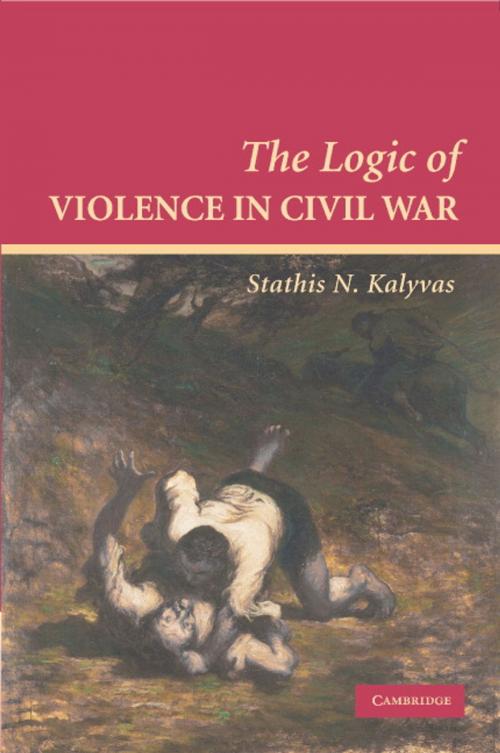The Logic of Violence in Civil War
Nonfiction, Social & Cultural Studies, Political Science, International, Foreign Legal Systems| Author: | Stathis N. Kalyvas | ISBN: | 9781139234917 |
| Publisher: | Cambridge University Press | Publication: | May 1, 2006 |
| Imprint: | Cambridge University Press | Language: | English |
| Author: | Stathis N. Kalyvas |
| ISBN: | 9781139234917 |
| Publisher: | Cambridge University Press |
| Publication: | May 1, 2006 |
| Imprint: | Cambridge University Press |
| Language: | English |
By analytically decoupling war and violence, this book explores the causes and dynamics of violence in civil war. Against the prevailing view that such violence is an instance of impenetrable madness, the book demonstrates that there is logic to it and that it has much less to do with collective emotions, ideologies, and cultures than currently believed. Kalyvas specifies a novel theory of selective violence: it is jointly produced by political actors seeking information and individual civilians trying to avoid the worst but also grabbing what opportunities their predicament affords them. Violence, he finds, is never a simple reflection of the optimal strategy of its users; its profoundly interactive character defeats simple maximization logics while producing surprising outcomes, such as relative nonviolence in the 'frontlines' of civil war.
By analytically decoupling war and violence, this book explores the causes and dynamics of violence in civil war. Against the prevailing view that such violence is an instance of impenetrable madness, the book demonstrates that there is logic to it and that it has much less to do with collective emotions, ideologies, and cultures than currently believed. Kalyvas specifies a novel theory of selective violence: it is jointly produced by political actors seeking information and individual civilians trying to avoid the worst but also grabbing what opportunities their predicament affords them. Violence, he finds, is never a simple reflection of the optimal strategy of its users; its profoundly interactive character defeats simple maximization logics while producing surprising outcomes, such as relative nonviolence in the 'frontlines' of civil war.















